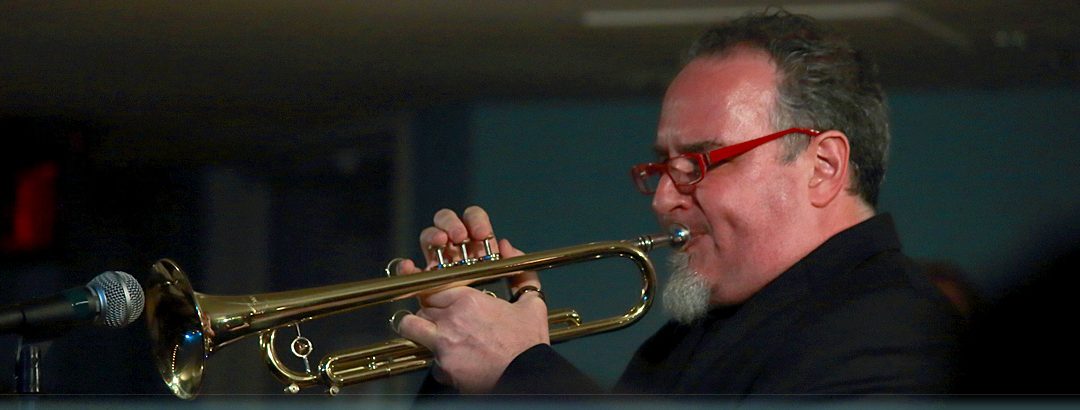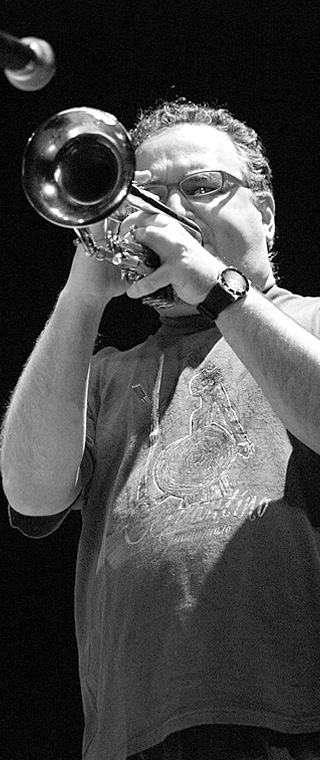
Diego Urcola
Three‑times Grammy Nominee, Recording Artist, Soloist & Educator
Mr. Urcola, a native of Buenos Aires, Argentina, began his musical studies at age 9 while attending the Music Department of Colegio Ward where his father Ruben served as director. In 1998 he graduated from the National Conservatory of Music with the title of National Professor of Music.
After graduating from the Conservatory he received a scholarship to study abroad and was accepted to attend the well-known Berklee College of Music in Boston, Massachusetts. During his time at Berklee he concentrated in the study of jazz and in 1990 he completed and received his Jazz Performance diploma.
After Berklee he moved to New York City where he was well received and quickly established himself as leader in the jazz scene. While in New York, he decided to further his education and enrolled in a master’s program at Queens College. In 1997, Urcola was awarded second place honors at the highly competitive 1997 Thelonious Monk International Jazz Trumpet Competition. During the same year he received his master’s degree in Jazz Performance from Queens College. While at Queens College he studied under the tutelage of jazz master Jimmy Heath who later invited Urcola to join his group.
Diego Urcola is a three‑time Grammy nominee and has produced 5 albums as a leader. He has been a member of the Paquito D’Rivera Quintet since 1991. As a much sought after trumpeter, he also performs regularly with the legendary saxophonist Jimmy Heath, the Caribbean Jazz Project and the Dizzy Gillespie Alumni All‑Star Big Band.
For additional information please visit:
– http://www.diegourcola.com
Diego Urcola With The Paquito D’Rivera Sextet
Guidance & Recommendations from Composer, Educator and Jazz Trumpeter/Trombonist Diego Urcola
Why did you choose music as your career?
It was a natural process for me. My father was a music educator and a jazz aficionado so music was always present in my house and school. I started doing gigs in my teens and the next thing I knew, after I finished high school, I was a professional musician already.
Where you classically trained then switched to jazz and commercial music?
I finished my music training at Argentina’s National Conservatory where they basically prepared me to be an orchestra musician. I did play in a few youth and professional orchestras but, after a couple of years I realized that type of work was not for me. Meanwhile, I was always doing other side jazz and commercial gigs so eventually I decided to only focus my time and attention to playing jazz.
On days when you are not performing or rehearsing how long do you practice for?
On my days off I try to at least practice for a couple of hours, schedule permitting.
What do you mostly work on when at home practicing?
I have I warm up routing that takes me around one hour. Once I am done with that I then go into very specific things. I believe in practicing little things each day until I feel I have mastered them. Then, I move to working on something else.
What kind of scales and patterns do you practice?
At this point, I don’t practice that anymore. I certainly did that, a lot, in my formative years and I think is extremily important to do it.
How long where you studying/playing jazz before your solos started sounding cohesive and professional?
That’s a difficult question to answer because even now, it is very hard for me to listen to myself. I’m rarely satisfied with my own performances. In all honestly, thought, it actually takes years before you develop a vocabulary and the necessary maturity to star “sounding good.” It is a very competitive arena so there is always room for improvement. The key is to keep at it and never give up.
When you are improvising are you thinking about scales or are you simply playing melodies and ideas that are playing in your head?
When I’m playing, I try not to think about anything technical. I try to let the unconscious part of my mind take over. For me, it is like when you drive a car. While driving your concentration is locked and you can think of other things. It is a unique experience like you are listening to yourself playing and you are part of the audience. I know that this might sound strange, especially to beginners, but I think this has to be your goal.
When soloing, do you have the chord changes memorized or do you simply have an idea of shapes and colors of the tune?
I think is even more than memorized. Your goal has to be to get to the point where you don’t think about any technical stuff while you play. You do that consciously when you are practicing at home.
Are you normally not really concerned with the actual chord changes?
As I explained, when I’m practicing I study and analyze the chord progressions in detail. In doing so my goal is to get to the point whereas when I’m performing I not only have the changes memorized but I don’t have to think about them at all.
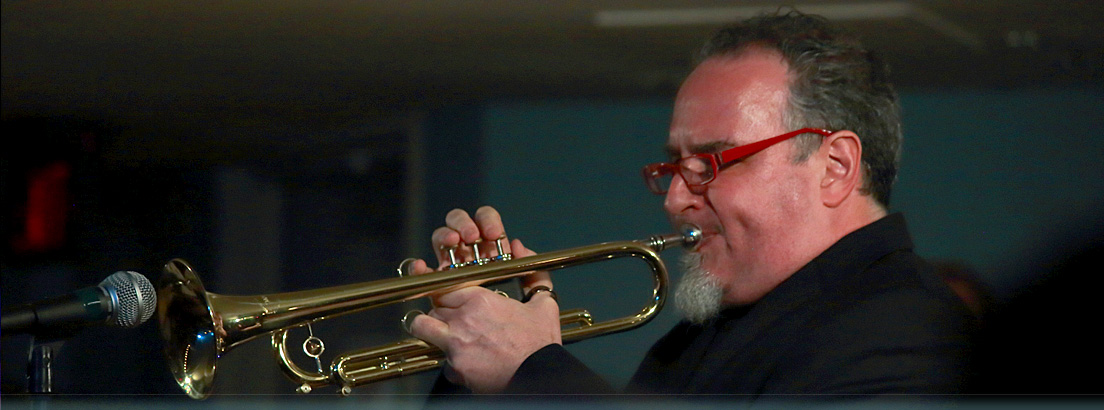
Do you write some ideas for the solo before heading to the studio?
In my experience, the more you try to preconceive what are you going to play when you are about to improvise the worst the results are. You should be prepared and know the music really well. The important thing is to trust yourself to be able to play in the moment. Now, for short solos for example in a pop tune you can prepared something beforehand because you will probably be overdubbing anyways.
Do you prefer to play with your own band or with other groups?
I like both because they offer very different situations and opportunities with my playing.
Do you approach your playing any different if you are playing with your big band as opposed to as a soloist in somebody else’s group?
For me, when I’m playing as a sideman, it is easier to simply focus just on my playing. When you are leading a band you have to take care of other things like the overall sound of the band, length of the tunes, the compositions, etc.
Do you ever run out of ideas when playing a solo?
There is always material to draw from. For instance if you are beginning to repeat yourself or feeling short on ideas you can simply listen to the rhythm section and pick up new ideas from their contributions.
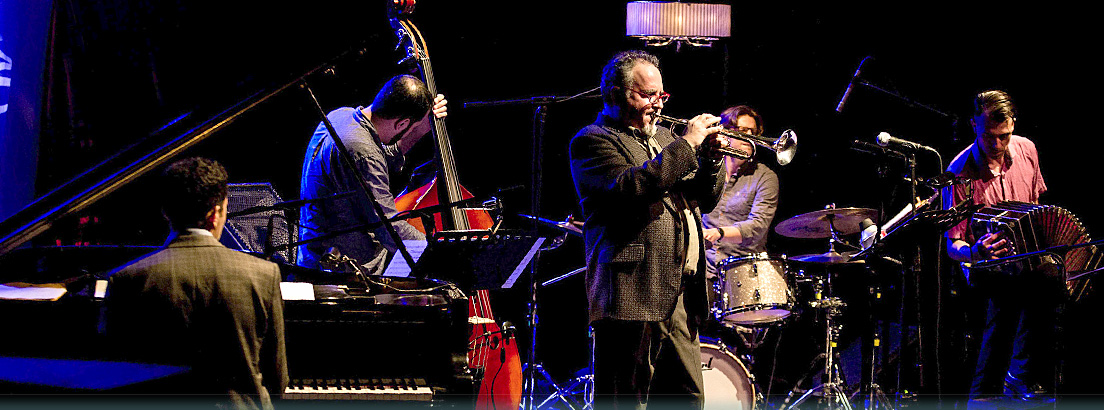
When recording, do you go for the first solo or do you do a few takes of the solo until you are happy with the result?
My experience in the recording studio is that most of the time after the first 2 or 3 takes it never gets any better. Having said that, you have to always make sure that you are ready and prepared on the first take.
Do you select horns and mouthpieces depending on what the job calls for?
Not really. I only have a lead mouthpiece that I use for that type of situation to make the job easier. Otherwise, I always play with the same equipment.
How much time and effort do you put into composing?
Not as much as I should. I only compose when I get a record date or a commissioned piece. Almost never because of some kind of “inspiration.” I think that’s a myth. As they say: 99% perspiration 1% inspiration.
What kind of scales and patterns do you practice?
Everything I can get my hands and head on.
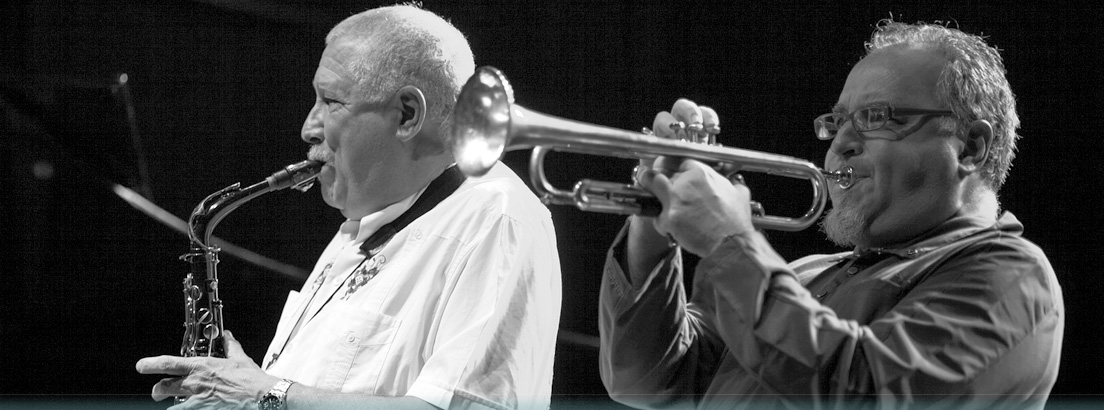
Who do you listen to for inspiration?
Listening to music is an essential part of every musician’s ongoing training. As for me, I listend to lots of different kinds of music including Latin, pop, rock, jazz, world, etc. Anything that I enjoy listening to inspires me.
How much time and effort did it take you to complete your latest album?
My last album “Mates” took a few years to make only because it is a series of duets recorded with different players in different studios and places.
Do you enjoy teaching or do you prefer to be out recording and playing instead?
I truly enjoy both. Teaching can be very inspiring, especially when you get talented and hardworking students ready to put in 110% of time and dedication.
What equipment are you currently playing?
I’m a Schilke Artist and so I have been exclusively playing their products for many years, way before I started officially working with them. In my humble opinion, they offer the best equipment available today.
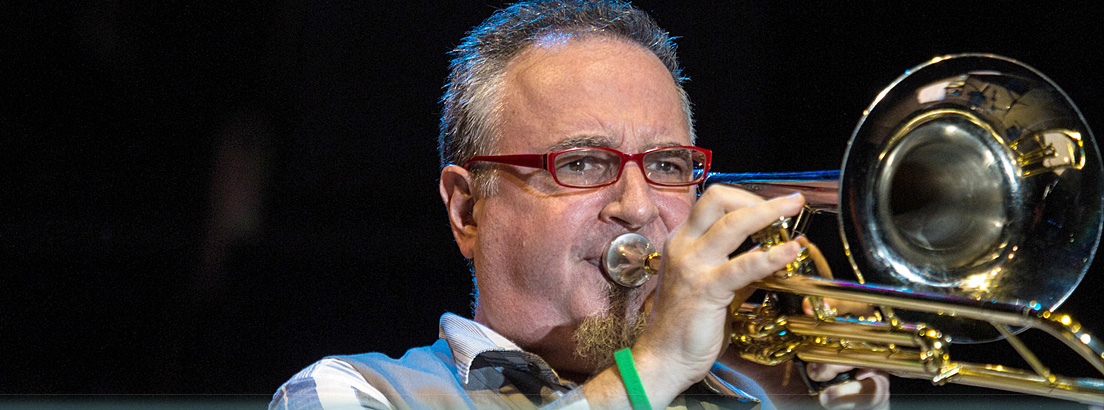
When composing do you work out a progression then a melody or does the melody come first?
For me, the process usually starts with an interesting rhythm or a catchy groove. Then a melody or harmony. But it can be different too. I don’t have a prescribed process.
Do you have a formula you follow when working on new compositions?
No really. It happens in many different ways.
Do you do the arrangements for your own compositions or do you delegate that to someone else?
For small ensembles I do it myself. For bigger ensembles like big bands and orchestras I hire people that are better orchestrators that me.
Of all your compositions, is there one that is your all-time favorite?
All my compositions are mainly conceived first and foremost as good vehicles for improvisation. That’s when they really succeed. Because of that, I feel that for example my tunes “Tango Azul” or “Blues for Astor” are very good compositions.
Now that you are an established soloist, what is your biggest career challenge?
My challenge and goal is to keep getting better. Don’t get discouraged by all the noise and trash we are constantly bombarded with and focus on the music. That, my friend, is the only important thing.
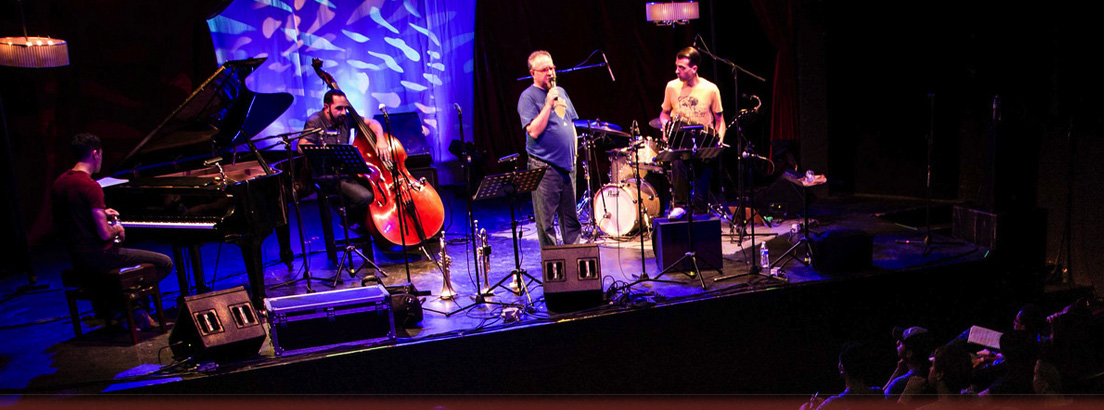
Where do you see music education going in the next 10 years?
We are living in a world that is going through incredible changes. It is hard to predict where technology will takes us and very hard to see how things are going to be in 10 years from now. The only thing I know for sure is that it will be very different.
Best advice you would give to an upcoming player?
Just make sure that you are pursuing a career as a musician because you love music and you can’t see yourself doing anything else. If you have other goals, like fame and money, you better think about doing something else.
Best tip for anyone learning the art of improvisation?
Always trust yourself and the people that are playing with you. Never fear the unknown or failure for that matter.
Jazz Quartet Approach To Bye Bye Blackbird
Notable Albums As A Leader

